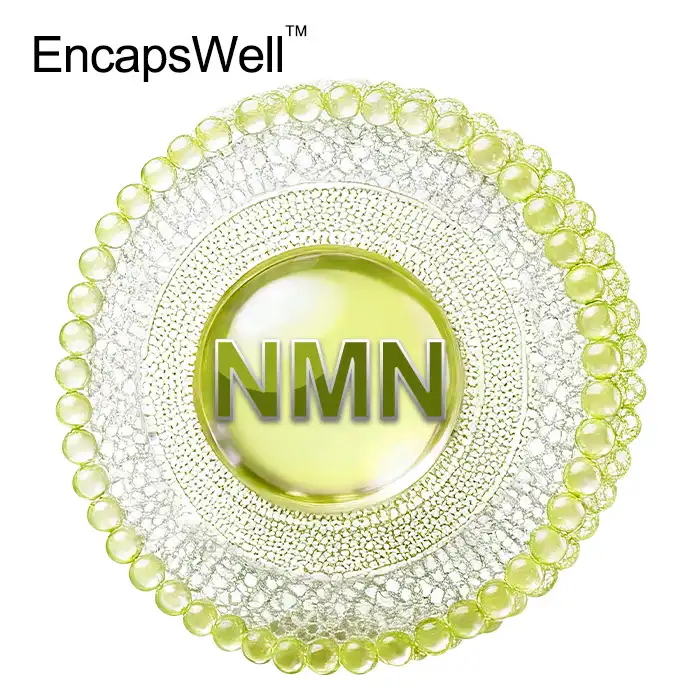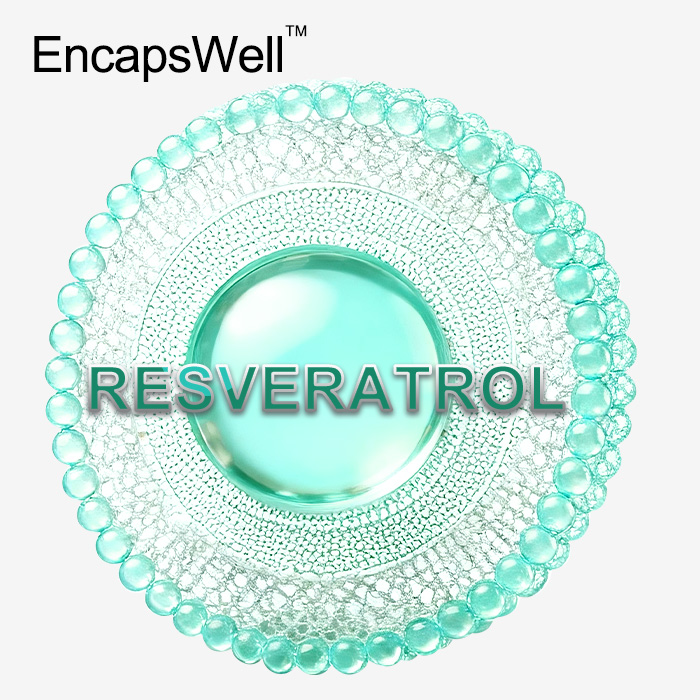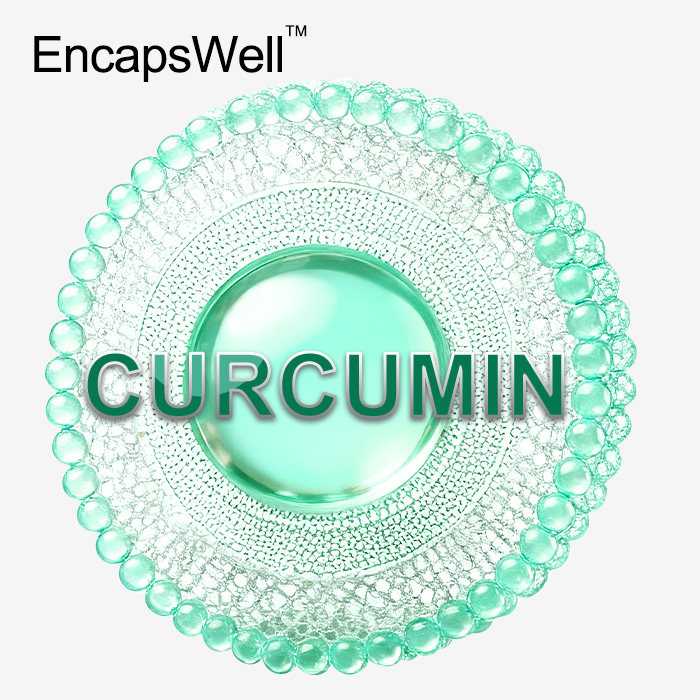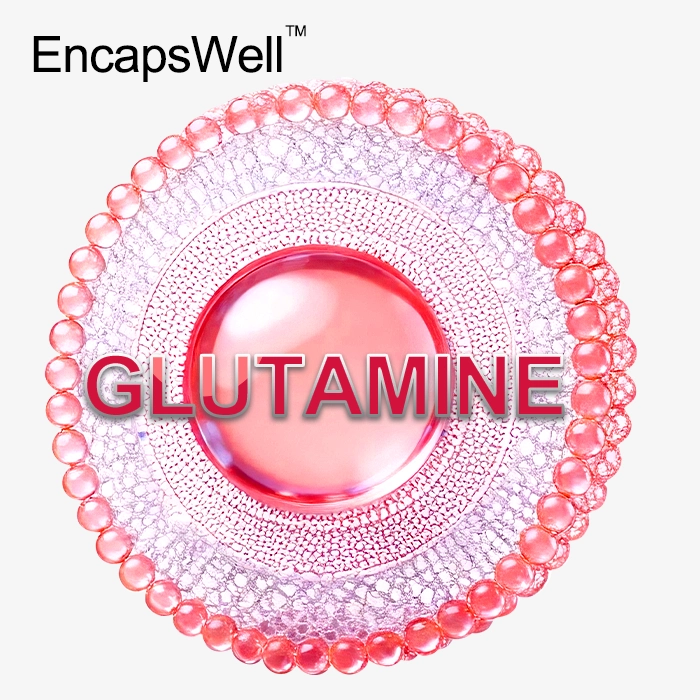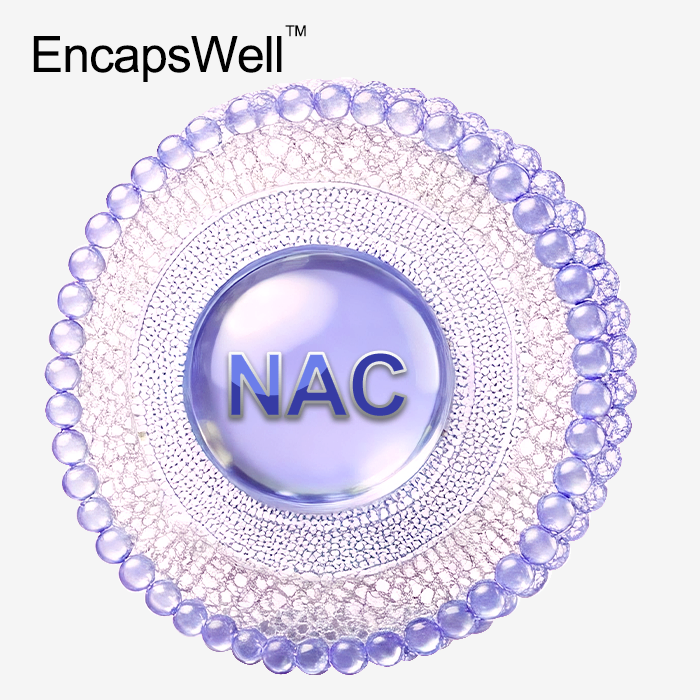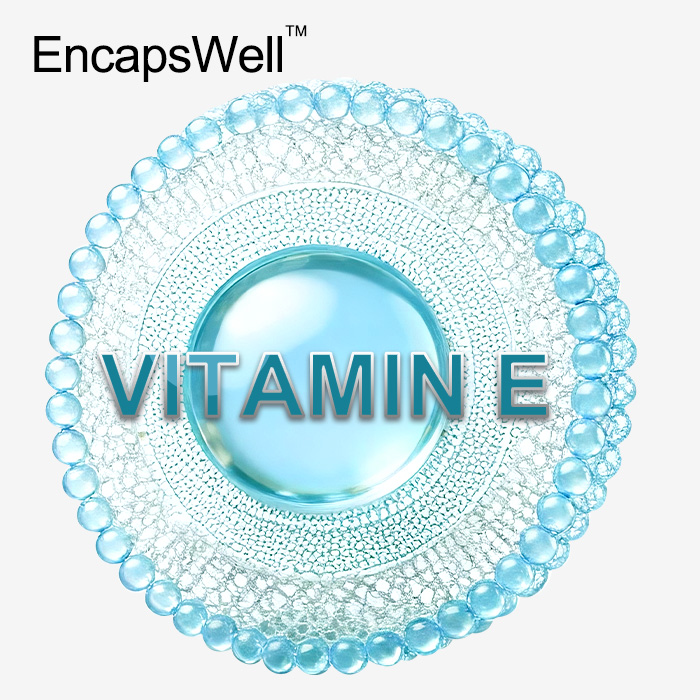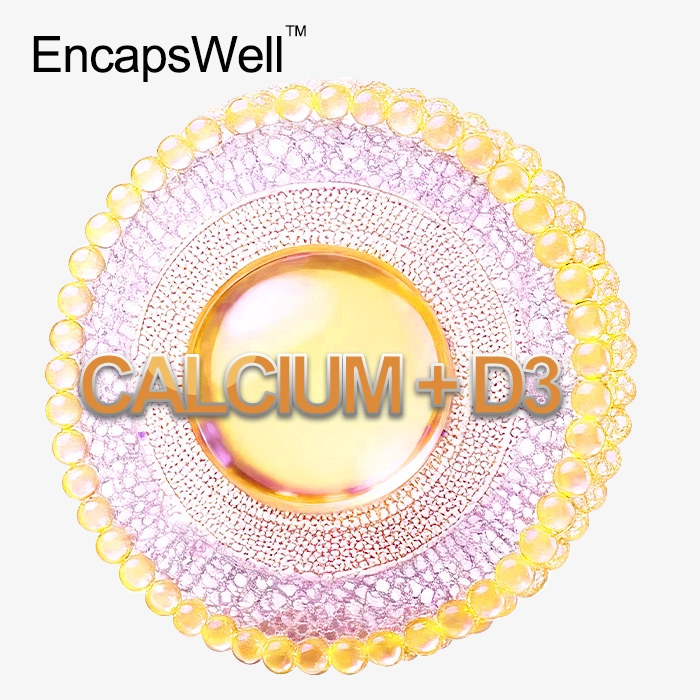Liposomal CoQ10 Powder for Cholesterol Management
Coenzyme Q10 (CoQ10) is a vital compound for overall health. Its role in cholesterol management is particularly significant. Statins, common cholesterol-lowering drugs, can deplete the body's natural CoQ10 levels. This depletion may lead to side effects like muscle pain. Supplementing with CoQ10 can help replenish these levels. More importantly, CoQ10 acts as a powerful antioxidant. It helps protect LDL cholesterol from oxidation. Oxidized LDL is a key factor in the development of atherosclerosis. By preventing this damage, CoQ10 supports healthier blood vessels. However, traditional CoQ10 is poorly absorbed. Liposomal CoQ10 powder overcomes this issue. It uses a special delivery system to ensure your body gets more of this crucial nutrient, enhancing its protective effects on cardiovascular health.
The Science Behind CoQ10 and Cholesterol Health
CoQ10's Role in Cellular Energy and Heart Function
Coenzyme Q10 is an essential component of our cells. It is found in the mitochondria, the powerhouses of the cell. Here, it plays a critical part in producing adenosine triphosphate (ATP). ATP is the primary energy currency for all cellular processes. The heart muscle is one of the most energy-demanding organs in the body. It requires a constant and substantial supply of ATP to function correctly. Adequate CoQ10 levels are therefore crucial for maintaining strong heart muscle contraction and overall cardiovascular efficiency. A deficiency can impair energy production, potentially weakening the heart over time.
The Link Between Statins, CoQ10 Depletion, and Muscle Pain
Millions of people use statin medications to manage high cholesterol. These drugs work by inhibiting an enzyme called HMG-CoA reductase. This action effectively lowers cholesterol production. However, this same pathway is also responsible for synthesizing the body's natural CoQ10. As a result, statin use can unintentionally lead to lower CoQ10 levels. This depletion is a primary suspect in a common side effect of statins: statin-associated muscle symptoms (SAMS). These symptoms can include pain, weakness, and cramping. Research suggests that supplementing with CoQ10 may help alleviate these muscle-related side effects by restoring depleted levels.
Oxidative Stress and LDL Cholesterol: A Critical Connection
Low-density lipoprotein (LDL) is often called "bad cholesterol." However, the real danger begins when LDL becomes oxidized. Oxidative stress, caused by an imbalance of free radicals and antioxidants, damages the LDL particles. This oxidized LDL is a major contributor to atherosclerosis, the hardening and narrowing of the arteries. It triggers inflammation and the formation of plaque within artery walls. Liposomal coenzyme Q10 is a potent, fat-soluble antioxidant. It directly protects LDL particles from oxidative damage. By neutralizing free radicals, it helps maintain the integrity of LDL and supports the health of the entire vascular system.
Why Liposomal Delivery is a Game-Changer for CoQ10?
Overcoming CoQ10's Natural Absorption Challenges
Standard CoQ10 is a large, crystalline, fat-soluble molecule. These characteristics make it difficult for the body to absorb effectively through the water-based environment of the digestive system. Its poor solubility and limited bioavailability mean that a significant portion of a traditional CoQ10 supplement may pass through the body without being used. This inefficiency requires higher doses to achieve a therapeutic effect. The challenge has always been to find a way to transport this vital nutrient into the bloodstream and cells more efficiently. This is where advanced delivery systems become essential.
The EncapsWell™ Advantage: How Liposomes Protect and Deliver?
Liposomal technology offers a revolutionary solution to CoQ10's absorption problem. Liposomes are microscopic spheres made of phospholipids, the same material that forms our cell membranes. In liposomal CoQ10, the CoQ10 molecules are encapsulated within these protective lipid layers. This structure shields the CoQ10 from the harsh environment of the stomach. It also allows the liposome to merge seamlessly with intestinal cells for absorption. This delivery method mimics the body's natural transport systems, dramatically increasing the amount of CoQ10 that reaches the bloodstream.
Enhanced Bioavailability: What the Science Says?
Clinical evidence supports the superior absorption of liposomal formulations. Studies comparing plasma concentrations after taking traditional CoQ10 versus liposomal CoQ10 powder show a significant difference. The liposomal form consistently leads to higher and more sustained levels of CoQ10 in the blood. For example, some studies have shown bioavailability improvements of several hundred percent. This enhanced absorption means that a lower dose can produce a greater biological effect. For brands developing supplements, this translates to a more effective, reliable, and scientifically-backed product that meets consumer demand for high-performance ingredients.
Formulating High-Impact Supplements with Liposomal Coenzyme Q10
Ubiquinone vs. Ubiquinol: Choosing the Right Form
CoQ10 exists in two main forms in the body: ubiquinone and ubiquinol. Ubiquinone is the oxidized form, which is essential for its role in cellular energy production within the mitochondria. Ubiquinol is the reduced, active antioxidant form. The body can convert between these two forms as needed. While ubiquinol is often marketed as more bioavailable, the advanced delivery of liposomal CoQ10 powder can make both forms highly effective. Encapsulating ubiquinone in a liposome significantly boosts its absorption, allowing the body to efficiently convert it to ubiquinol where needed. The choice of form can depend on the specific product goal and target audience.
Synergistic Combinations: Pairing CoQ10 with PQQ or Vitamin E
The power of liposomal CoQ10 can be amplified when combined with other synergistic ingredients. These combinations create powerful, targeted formulations for mitochondrial health and antioxidant support.
- Pyrroloquinoline Quinone (PQQ): PQQ is another powerful nutrient for mitochondrial health. It not only provides antioxidant protection but also promotes the generation of new mitochondria. Combining it with CoQ10 offers a two-pronged approach to boosting cellular energy.
- Vitamin E: As another fat-soluble antioxidant, Vitamin E works alongside CoQ10 to protect cell membranes from oxidative damage. Together, they offer a more comprehensive shield against free radicals.
- L-Carnitine: This amino acid is responsible for transporting fatty acids into the mitochondria to be burned for energy. Pairing it with CoQ10 supports the entire energy production chain.
Meeting Market Demands: Stability for Powders, Beverages, and More
One of the key advantages of liposomal encapsulation is the enhanced stability it provides. The phospholipid layer protects the CoQ10 from oxidation, light, and pH changes. This makes liposomal CoQ10 powder an incredibly versatile ingredient for product development. It is highly stable and easily dispersible in water, opening up new formulation possibilities. Brands can use it to create:
- High-stability powders and capsules.
- Ready-to-drink functional beverages and energy shots.
- Water-dispersible liquid supplements.
- Nutraceutical-infused foods and gels.
This adaptability allows brands to innovate and meet the growing consumer demand for convenient and effective health products.

Conclusion
Coenzyme Q10 offers significant benefits for cholesterol management and cardiovascular health, primarily by protecting LDL from oxidation and supporting cellular energy. However, its effectiveness is often limited by poor absorption. Liposomal CoQ10 powder provides a definitive solution. By encapsulating CoQ10 in a highly bioavailable format, it ensures that this vital nutrient is delivered effectively to the body's cells. This technological advancement allows for the creation of superior supplements that offer tangible, science-backed results. For brands aiming to lead the market, leveraging liposomal technology is the key to developing next-generation heart health and anti-aging products that truly perform.
FAQs
What is the main benefit of liposomal CoQ10 over regular CoQ10?
The primary benefit of liposomal CoQ10 is its vastly superior bioavailability. Regular CoQ10 is poorly absorbed by the body. The liposomal form encases the CoQ10 molecule in a lipid sphere, which protects it through digestion and allows it to be absorbed into the bloodstream much more efficiently. This means more CoQ10 reaches your cells, making the supplement far more effective at a lower dose.
Can liposomal CoQ10 powder replace my cholesterol medication?
No. Liposomal CoQ10 powder is a dietary supplement, not a medication. It should not be used as a replacement for any prescription drugs, including statins, prescribed by your doctor. It supports cardiovascular health by acting as an antioxidant and replenishing levels depleted by statins. Always consult with your healthcare provider before making any changes to your medication regimen.
Is liposomal CoQ10 safe to take with statins?
Yes, it is generally considered safe and often recommended. Statins can lower the body's CoQ10 levels, and supplementing can help restore them, potentially reducing muscle-related side effects. However, it is essential to speak with your doctor before adding any new supplement to your routine to ensure it is appropriate for your specific health situation.
Partner with EmerWell for Premium Liposomal CoQ10 Powder Solutions
Are you ready to develop a market-leading health supplement? EmerWell is a specialized supplier and manufacturer of advanced liposomal ingredients. As a trusted factory partner, we utilize our proprietary EncapsWell™ platform to transform your concepts into high-performance products with superior bioavailability and stability. Our PhD-led R&D team and cGMP-certified facilities ensure scientific precision and scalable production for your brand's success. Contact us to create your custom liposomal CoQ10 formulation today at: info@emerwell-bio.com.
References
Garrido-Maraver, J., Cordero, M. D., Oropesa-Ávila, M., Fernández Vega, A., de la Mata, M., Delgado Pavón, A., ... & Sánchez-Alcázar, J. A. (2014). Coenzyme Q10 therapy. Molecular syndromology, 5(3-4), 187-197.
Raizner, A. E. (2019). Coenzyme Q10. Methodist DeBakey cardiovascular journal, 15(3), 185-191.
Qu, H., Guo, M., Chai, H., Wang, W., Gao, Z., & Shi, D. (2018). Effects of coenzyme Q10 on statin-induced myopathy: an updated meta-analysis of randomized controlled trials. Journal of the American Heart Association, 7(19), e009835.
Langsjoen, P. H., & Langsjoen, A. M. (2014). Comparison study of plasma coenzyme Q10 levels in healthy subjects supplemented with ubiquinol versus ubiquinone. Clinical pharmacology in drug development, 3(1), 13-17.
Hernández-Camacho, J. D., Bernier, M., López-Lluch, G., & Navas, P. (2018). Coenzyme Q10 supplementation in aging and disease. Frontiers in physiology, 9, 44.
Zozina, V. I., Covantev, S., Goroshko, O. A., Krasnykh, L. M., & Kukes, V. G. (2018). Coenzyme Q10 in cardiovascular and metabolic diseases: current state of the problem. Current cardiology reviews, 14(3), 164-174.
Have a project in mind? Tell us your goals — we’ll help you make it real.

